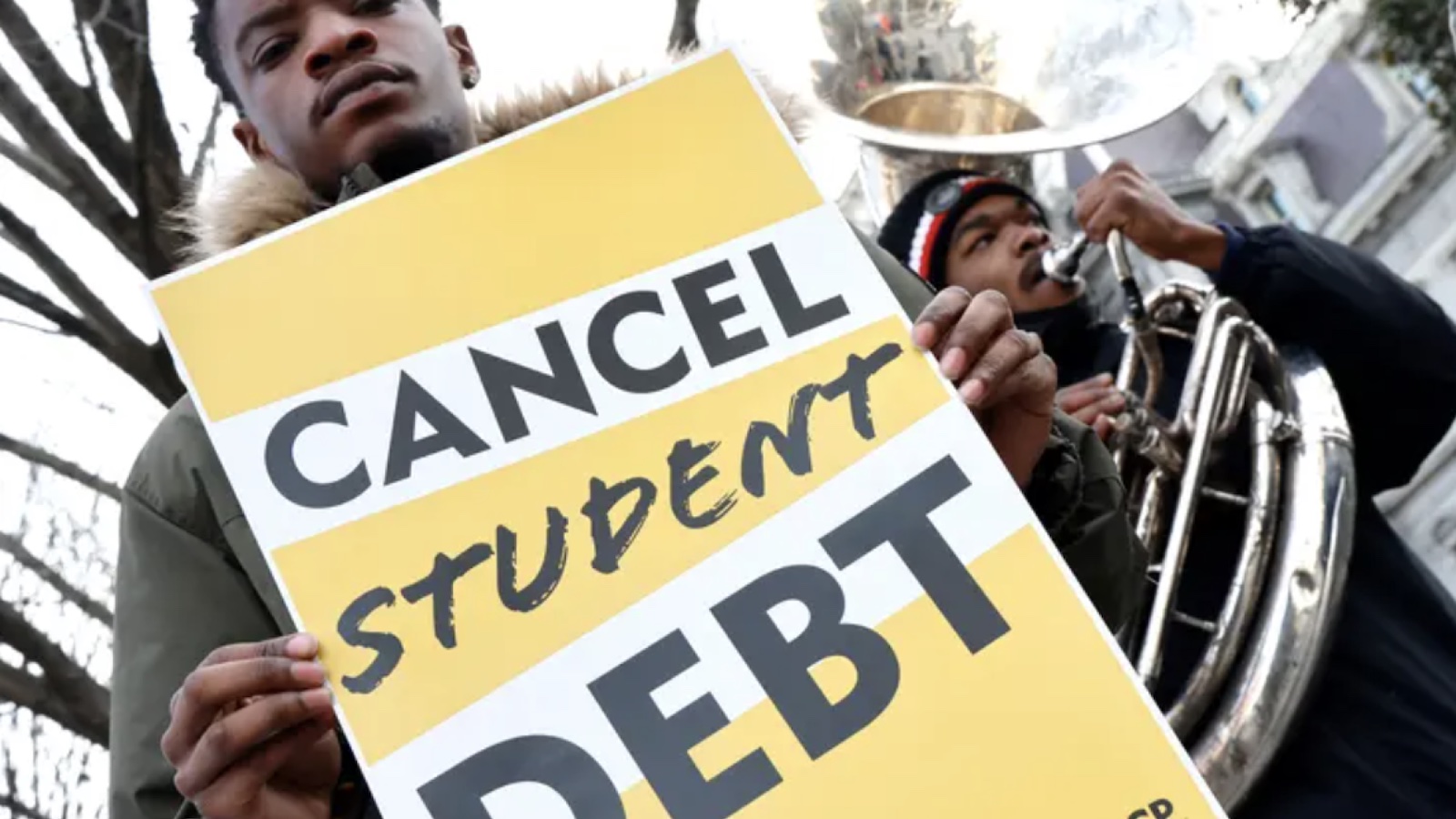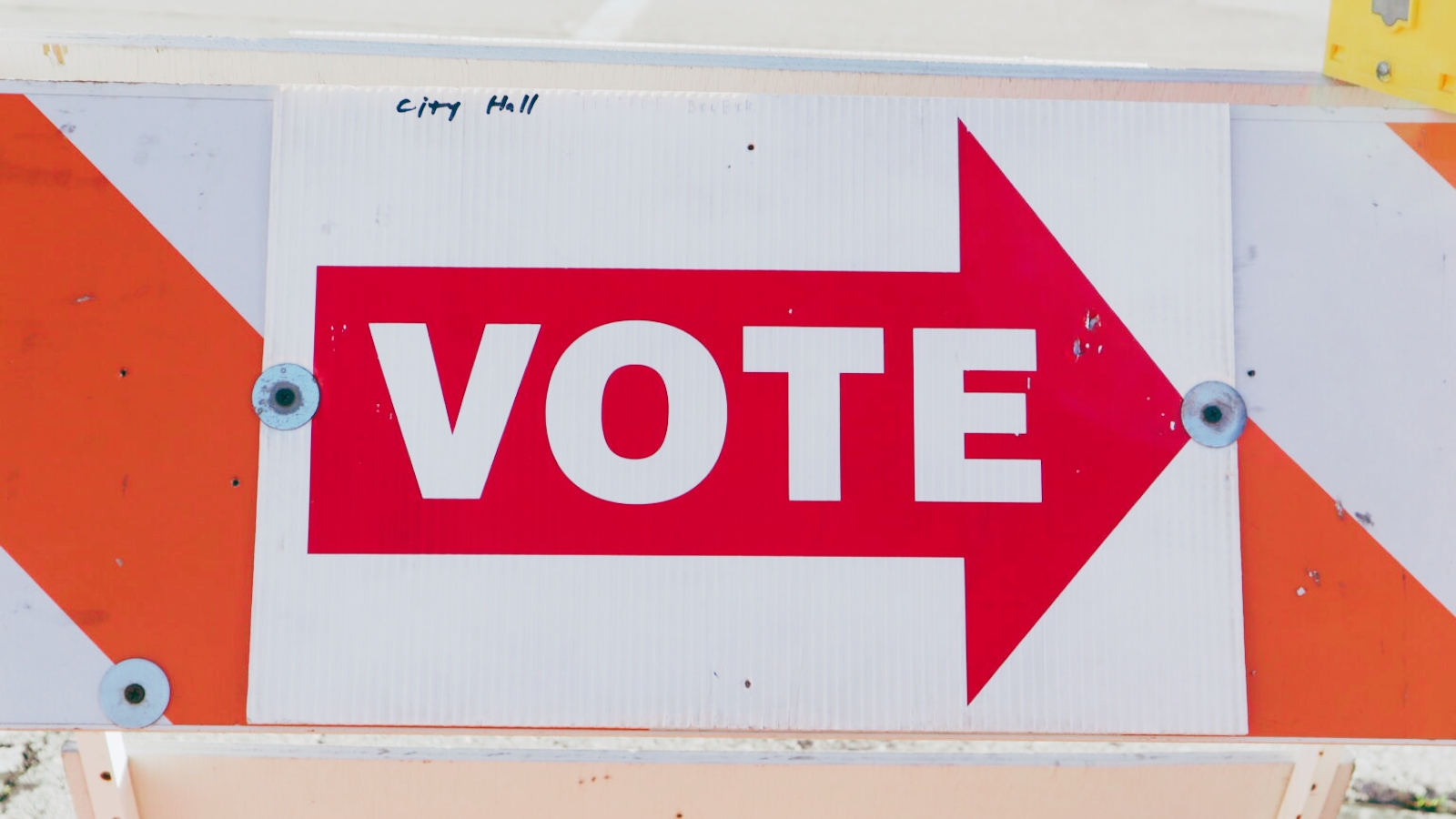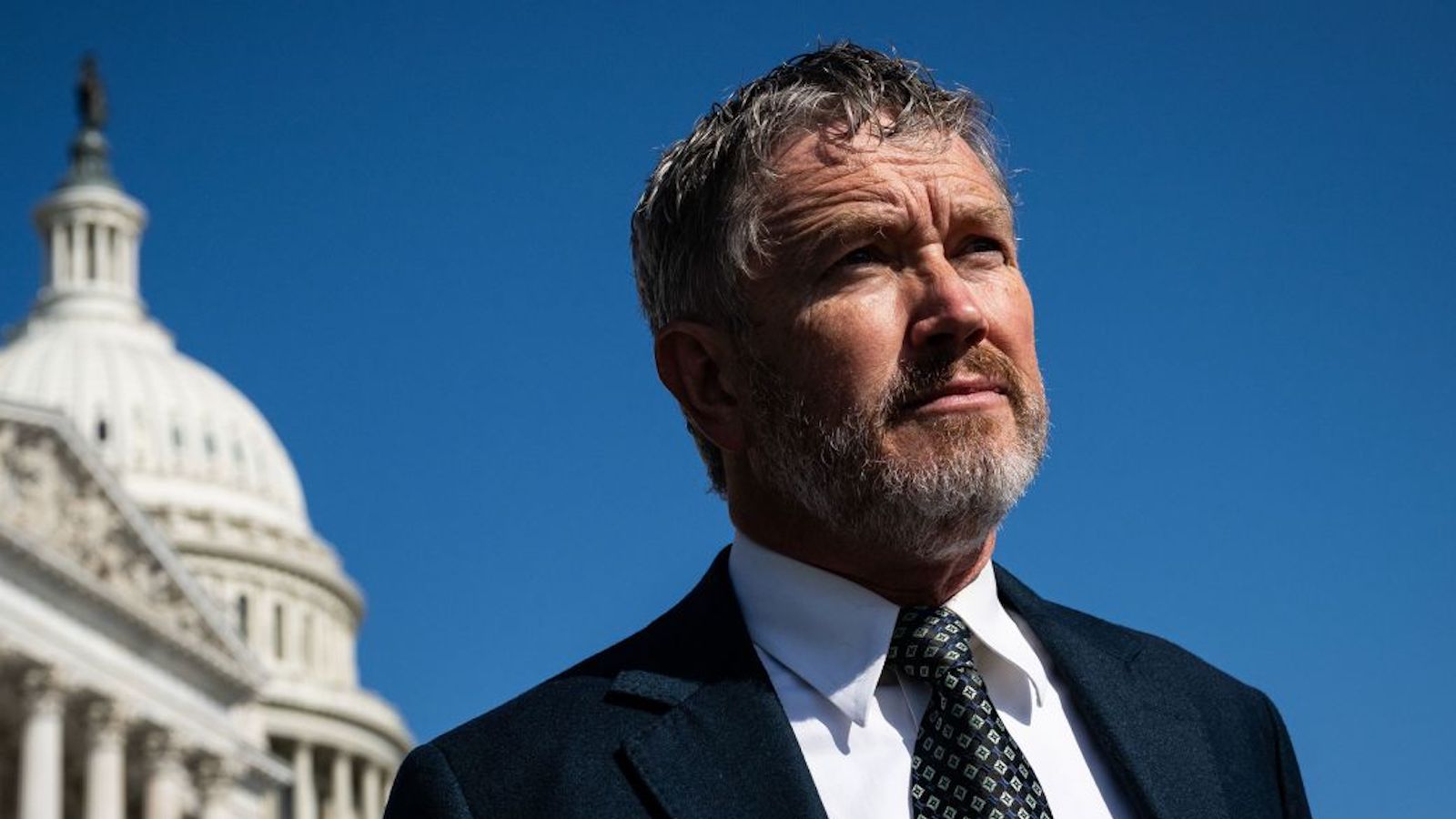
We Can’t Set Good Policy If We Can’t Hear Each Other
The communications gulf between people of differing political persuasions seems to be widening every day. It’s not just that the Left and the Right don’t talk to each other, it’s often that they can’t talk to each other. The language barrier has become so great that it’s hard for one side to even understand what the other is saying. Some of this, I believe, is willful. It’s comforting to cocoon yourself within an ideological bubble where everyone agrees with you and you never have to challenge your preconceptions. But part of it stems from a difference in basic premises so great that mutual understanding becomes difficult even for those willing to make the effort.
The latest example of this can be found in the conversation surrounding Joe Biden’s plan to cancel student debt on a massive scale. The Left are ebullient about the proposal, the Right, apoplectic. And yet neither side seems to be capable of understanding where the other is coming from. Believing as I do that better communication is essential if we hope to save American society from a cataclysmic, and ultimately violent, fracturing, I’m hoping to clear up a little of the confusion, and although I personally think this policy is an unmitigated disaster, I’d like to start by giving the devil his due and recognizing that those arguing for student debt cancellation have some legitimate grievances.
Students in general get a raw deal in this country.
After twelve years of indoctrination, of being taught that sitting still and following orders is the highest possible good, we tell teenagers that the only path to success in life is with a college degree from a good school. Given that most of these schools are outrageously expensive and out of reach to all but the most affluent families, the government then dangles the Faustian temptation of student loans in front of kids with no life experience and little frame of reference to realize the full implications of accumulating massive amounts of debt before they are old enough to vote. It’s a form of entrapment that saddles young people with bills that are often insurmountable for the rest of their lives. The situation is not helped by the fact that universities feel no obligation to actually prepare their students to make money, encouraging them to take courses in gender studies, music appreciation, and philosophy instead of something more practically lucrative. And while I adore music and think the study of philosophy can be immensely valuable, these fields are not exactly a good return on an investment often amounting to hundreds of thousands of dollars.
It is therefore understandable why students and recently ex-students feel cheated and are looking for a way out. Who can blame them? The typical Right Wing critique that young people are simply lazy and entitled, unwilling to work for a living, and always looking for a handout is, at best, an uncharitable one lacking in empathy or a true understanding of what kids these days have to go through and how badly they’ve been hoodwinked by people they have been taught to trust. There are real problems with the education system, and they deserve serious attention.
Now that that’s out of the way, though, it must be pointed out that student loan cancellation is a terrible idea that addresses none of these problems, and in most cases only makes them worse. The objections to simply waving away student debt are numerous and varied, but unfortunately those who like the idea either can’t or won’t hear them. What I keep hearing over and over again from my progressive friends, as well as several high profile talking heads in the media and government, is that mean, bitter old Republicans just don’t like the idea of young people getting help. “I suffered, so by God you should have to suffer too” is the caricature repeatedly being trotted out in order to make any opposition to Biden’s plan seem petty and mean-spirited. One popular talking point accuses Christians of being hypocrites for objecting to debt forgiveness when a major tenet of their faith involves a sacrifice to redeem the sins of humanity. Rep. Alexandra Ocasio-Cortez, ever the mouthpiece for young progressives, tweeted that “We can do good things and reject the scarcity mindset that says doing something good for someone else comes at the cost of something for ourselves.”
All of these arguments are deeply flawed. The voluntary sacrifice of Jesus Christ to redeem sins over which individuals had no control is not analogous to the government taxing some people to bail out others from their own poor choices. Rejecting “the scarcity mindset” as AOC urges us to do may be a nice-sounding aphorism, but it doesn’t change the reality of scarcity, just as rejecting the gravity mindset doesn’t change the reality of gravity and is likely to cause problems for those who ignore the dangers of falling. But most of all, these arguments seem to rest on a mistaken understanding of what the real objections to student debt cancellation actually are. It is true that it is unfair to bail out those in debt while simply shrugging at the justifiably indignant students who practiced financial responsibility, either by paying off their loans or declining to accept them in the first place. But this is far from the most compelling reason to oppose the policy.
I’ve seen more than one commenter make the mistake of thinking that, since government issued the loans in the first place, the government will be the one to take a loss when the debts are cancelled. But that’s not how government works. Government has no money of its own. Everything it spends (or in this case loans) must first be taken from the people in the form of taxes. And no, this does not mean “taxing billionaires.” It means taxing the middle-class. The Left should be the first to realize that billionaires have the resources and connections to avoid a huge amount of taxation. Not only do they have access to armies of accountants and attorneys to help them shelter their assets, they also have a seat at the table when tax policy is being set, a luxury rarely afforded to average working Americans. If you think that billionaires will allow themselves to be taxed more heavily, you grossly underestimate their power and influence in the chambers of government.
The money handed out on these debts has already been spent, and the only way to make up the balance is to take it out of your pocket, one way or another. Since raising taxes the old fashioned way is unpopular, the government tends to solve this problem by simply printing more dollar bills. But while dollars bills can be created by a printing press, monetary value cannot. The increase in the money supply simply makes each dollar already in existence worth less, effectively lowering every American’s paycheck and increasing their cost of living.
At a period when inflation is already as bad as it has been in decades, exacerbating the problem with debt cancellation is the last thing we should be doing.
But the worst issue with student debt cancellation is neither the unfairness, the new taxes, or the worsening inflation. It’s the bad incentives such a policy creates for future behavior. It’s self-evident that people respond to incentives, and yet few indeed are the policy makers or commentators who factor this into their calculations. What can we expect when we signal to an entire generation that it’s possible to take out huge loans without ever having to pay them back? More reckless borrowing, of course, worsening the student debt crisis Biden claims to be solving. And what can we expect universities to do when students are able to borrow more and more money for their educations without consequence? If they have any sense, they will immediately raise their prices still further. The effect of this will be to lock out anyone who doesn’t wish to go into debt from being able to attend college, forcing people to shackle themselves to government loans that will last the rest of their lives. College will be less affordable than ever, students will be in more debt, teenagers will have fewer educational options, and we’ll all be put in a position where we have to have to face this same debt cancellation dilemma again a few years down the road, only this time it will be an order of magnitude worse.
It’s possible to argue against these objections (although I think the battle is an uphill one), but I don’t see anyone actually doing so. Instead, what I see are blithe comments mocking any resistance to debt cancellation as selfish and out of touch. There seems to be a genuine lack of awareness that there could possibly be good faith arguments why Biden’s plan might be a bad one, or have unintended consequences in the future. If neither side can even understand why others oppose their ideas, then setting good policy becomes not only difficult, but impossible. Instead, what we will see is a perilous see-sawing back and forth of terrible laws as the two parties trade power, untampered by the reasoned debate that is supposed to lie at the heart of the democratic process, and with the American people caught in between.
Free the People publishes opinion-based articles from contributing writers. The opinions and ideas expressed do not always reflect the opinions and ideas that Free the People endorses. We believe in free speech, and in providing a platform for open dialogue. Feel free to leave a comment.



